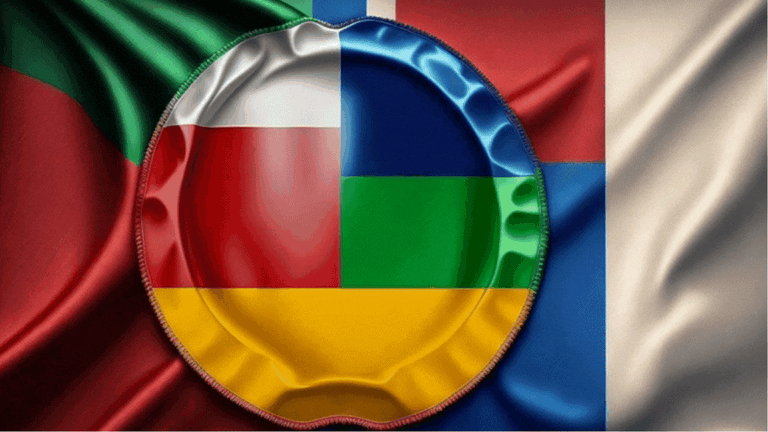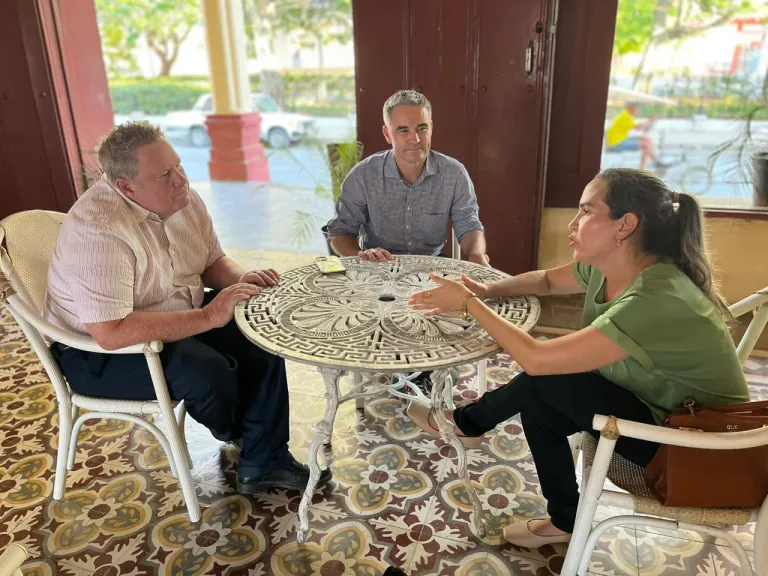The Latin American Report # 504

The Argentine Government announced a plan to inject capital into the economy from the savings that citizens have “under the mattress” or in bank accounts abroad. "Your dollars, your decision. What's yours is yours, not the state's," top official Manuel Adorni said yesterday. “You can use them however you want, without having to prove where you got them from.” Javier Milei's Pink House argues that excessive controls and other conditions over the years led to 50% of the national economy to move into the murky realms of informality.
The initiative, an “endogenous dollarization” scheme, has been received positively by the markets in general, although the IMF calls for caution to ensure that its rules to avoid money laundering are not violated, which seems impossible to me. The latter would collide with the development of the current credit program, through which Balcarce 50 was favored with 20 billion fresh dollars. There is talk that more than 270 billion dollars are outside the legal channels, or, to speak more appropriately, outside channels controlled by the government. What is certain is that the reaction was summed up in the propping up of the exchange rate and the reduction of the country risk.
Roses with drugs
A shipment of Ecuadorian roses hid more than 15 kilograms of cocaine, according to Russian authorities in the last hours. The stash was found in a garage on the outskirts of the Russian capital and was destined for a Colombian national. The news comes just days after the seizure in St. Petersburg of around 60 kilograms of cocaine camouflaged in a shipment of bananas, a typical commodity in the South American nation, shaken in recent years by a spiral of bloody violence sourced in the drug trafficking business. According to an EFE cable, synthetic drugs are more commonly seized in Russia, while cocaine and its derivatives account for only about 12% of seizures.
(The) Hammer
The chargé d'affaires of the U.S. embassy in Havana, Cuba, defended Friday at a press conference his work dynamics, which have been widely criticized by the island's authorities. Mike Hammer, a career diplomat with experience in Chile and Congo, is openly touring the island for, as he says, “dialoging with the common Cuban”. The most provocative part is the one in which he shares with people accused by the Cuban government of being pawns of Washington in the bilateral conflict.
Hammer talked about how depressed the situation is for Cubans right now, which is nothing more than a truism. It seems to me an exercise of absolute hypocrisy not only that he did not refer, but that no “journalist” asked him about the implication of U.S. policy in this socioeconomic and political debacle. That is, that no one asked him about the great American Hammer pounding every day on a resource-poor nation left to its own devices.
